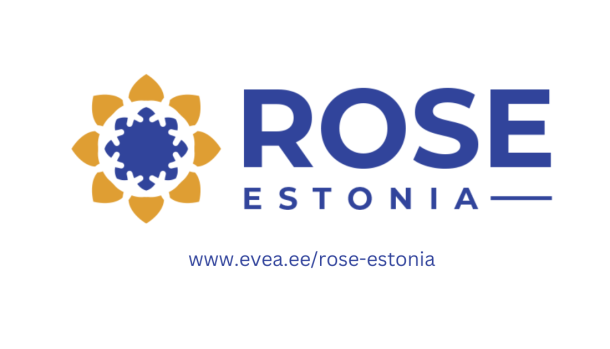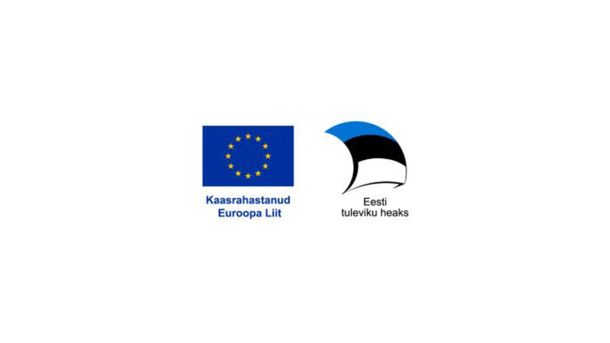01 detsember, 2011
PEGASE projekt
01 detsember, 2011
PEGASE projekti eesmärk on tugevdada UEAPME (EVEA katusorganisatsiooni) liikmete, 11 käsitööndus- ja VKE-de organisatsiooni suutlikkust seitsmes “uues” liikmesriigis ja kahes kandidaatriigis, toetades nende aktiivset osalemist Euroopa sotsiaalses dialoogis.
Peamised saavutused peaksid olema:
- rahvuslike organisatsioonide selgem arusaam menetlustest ja otsustamisprotsessist EL-i sotsiaaldialoogis
- sobiv teave väike- ja mikroettevõtetele
- suurem võime sõnastada ja kaitsta väike- ja mikroettevõtete huvisid EL-i sotsiaaldialoogis.

